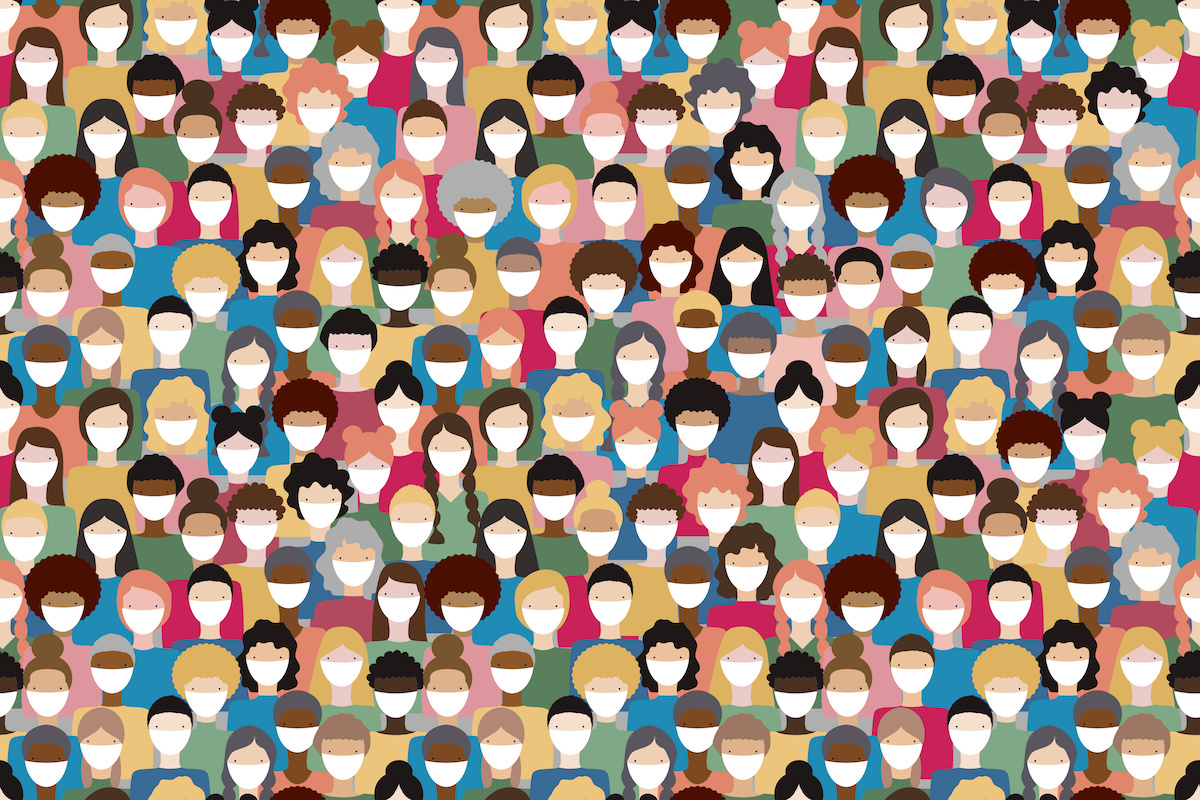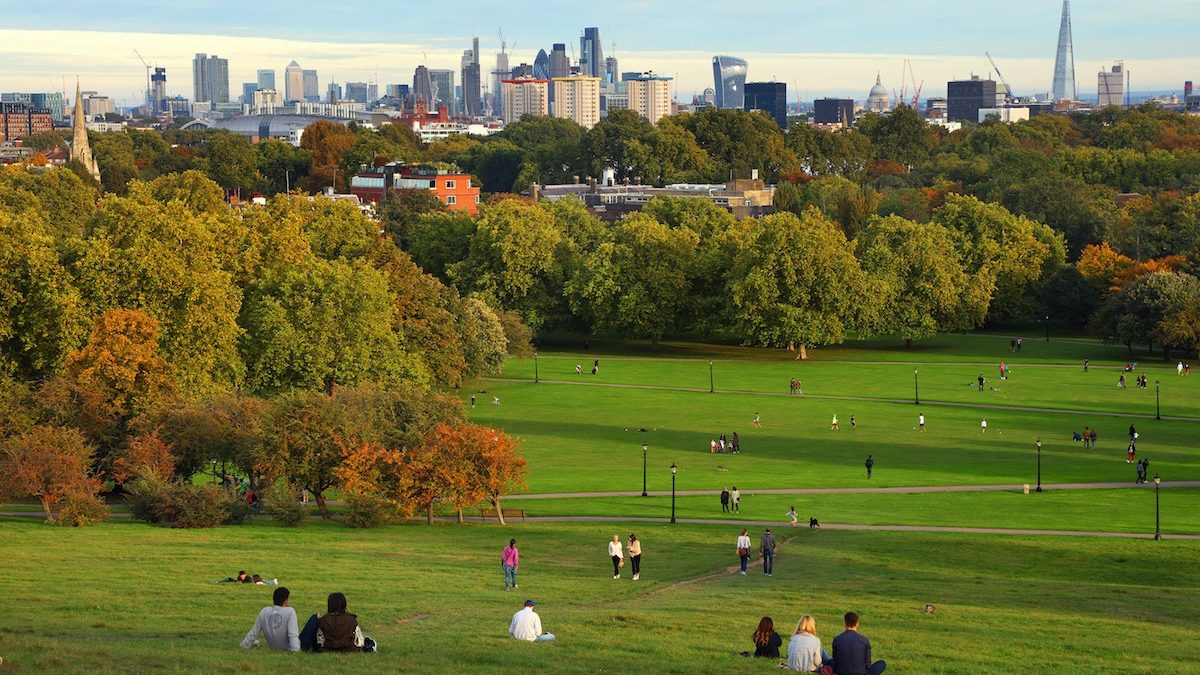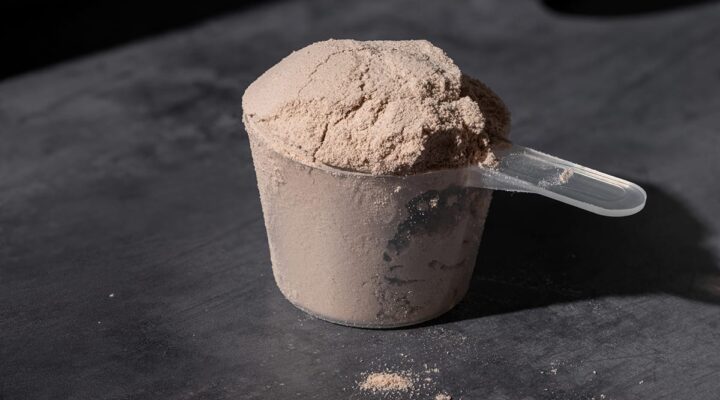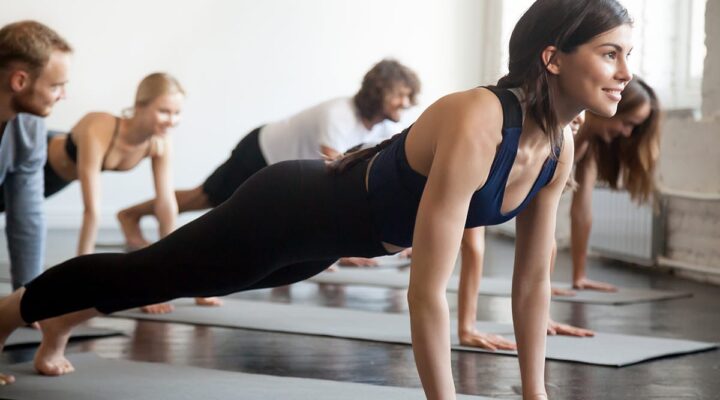How To Look After Your Physical and Mental Health in the Coming Post-Lockdown Months

Mentally and physically, times have been tough this past year. But brighter days beckon, with society slowly opening up again along with the opportunity to reconnect with loved ones face-to-face. But that’s not to say that it’s going to be all easy, breezy from here on out.
Some of you might feel anxious about the prospect of crowded pub gardens or scrambling onto the tube, squashed between an irate sliding door and a stranger’s armpit. “I think people shouldn’t take for granted finding this period difficult,” says Dr. Tosin Sotubo, a GP specialising in mental health. “We’ve been in a state of isolation for such a long time. So I think it’s important that people actually pay attention and be intentional about paying attention to their mental health in this time.”
There are also continuing threats to our physical health. Covid-19 is, of course, still around. And as this year’s flu season flew by without so much of a peep —the consequences of a closed society — experts are raising concerns about a rebalancing this coming winter.
“I think we have to prepare for a hard winter, not only with coronavirus, but we’ve had a year of almost no respiratory viruses of any other type,” said Dr. Susan Hopkins, chief medical adviser for NHS Test and Trace, on the BBC’s The Andrew Marr Show. “And that means, potentially the population immunity to that is less. So we could see surges in flu. We could see surges in other respiratory viruses and other respiratory pathogens.”
Bearing all this in mind we asked Dr. Sotubo for her tips on keeping yourself physically and mentally healthy in the coming months as we come out of lockdown and slowly re-join society.
Listen To Your Mind And Body
I always say listen to your mind and your body, and take note of any warning signs. So it might be in the form of not feeling like you’re enjoying what you used to enjoy. It might be in the form of not being able to sleep as much or as well as you used to.
If you’re getting those little warning signs, I think it’s important to take a step back and actually either go speak to someone or find your coping mechanisms and what works for you.
Re-Adjust Your Coping Mechanisms
What lockdown did is it took a lot of people’s coping mechanisms away. But I also think it made people realise that coping mechanisms are really important, and some of the things they actually didn’t realise were coping mechanisms. Getting on that train to work or being around your colleagues.
The lockdown made people adapt and be intentional about actually looking for those coping mechanisms. For some people, that was making sure they call a friend once a week or going on a daily walk.
Remember to still be in touch with those coping mechanisms. Even though we’re going to be out of lockdown and your life is probably going to be more hectic with people trying to organise meetings and meet-ups, just remember what worked for you during lockdown, and take that with you as we move out of it.

Give Yourself An Introduction Period
None of us have been in this position for pretty much a year now, so treat it as a new environment. If you were starting a new job, you would be given have introduction period where no one’s expecting you to show up 100 percent. You need to take it slowly and at your own pace.
Avoid The Noise
We’re all completely different, especially in terms of how we cope with things, and it’s important to focus on what’s comfortable for you. It’s so easy to look on social media and be like, “Oh, everyone’s out. Everyone’s enjoying themselves.” And we all know that social media is not always real life. It’s often just the good bits or just the nice moments that we see. Try to avoid the noise and what everyone else is doing.
Practice The Four Pillars Daily
We have to be a little bit mindful of just looking at our day-to-day life in general. The way I split it up is into sleep, nutrition, relaxation, and movement. All of those four components really impact each other. If we’re not eating great, that can sometimes affect our movement during the day and how much energy we have to give to exercise. And then that can also affect the way that we’re sleeping. It affects our mood. And it can all go into a little bit of a vicious cycle.

Keep Up The Hand-Washing
As a doctor, in the last year I’ve definitely seen less people with colds and the common flu. It has felt like it’s non-existent, and that’s just because we’re not all gathering. We’re not all around each other 24/7. We’re maintaining that social distance.
But, COVID is still around, and the past year or so has taught us how important hygiene is. So making sure that we’re washing our hands, making sure that we’re still maintaining the social distancing and wearing masks where possible is important.
People still have to be mindful of their health and other people’s health in this time, and follow the government’s guidance.
Don’t Fear The Common Cold
The cold and the flu have been around for years, and they’re things that we manage very well every single year. Before this year it’s not something we’ve worried too much about because we know about these viruses. We know how to treat them.
And the majority of people who don’t have any underlying health problems or serious health problems can actually cope with most viruses quite well. Our bodies are pretty good at fighting colds because we, especially in the UK, get colds quite often.
So I don’t think it will be too much of a surprise to our body physically. But maybe to us as individuals, we might not be used to sniffing and staying at home with the lemon and the tea. Maybe next winter, we’re just going to get a little bit more of a flu-y and cold winter than we had this winter. But obviously, everything in balance, because this winter was the pandemic.


















